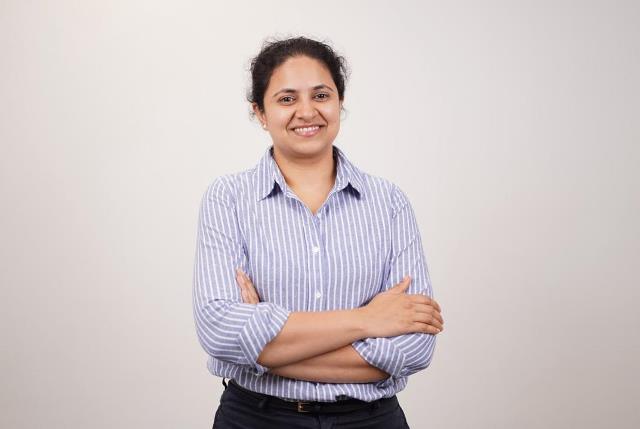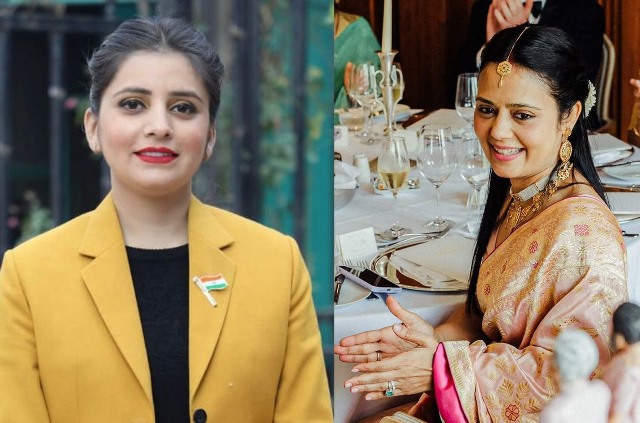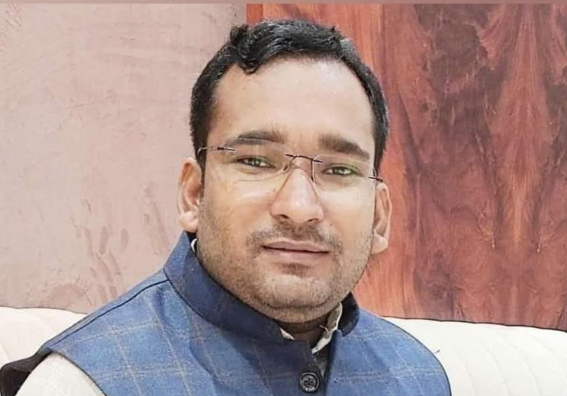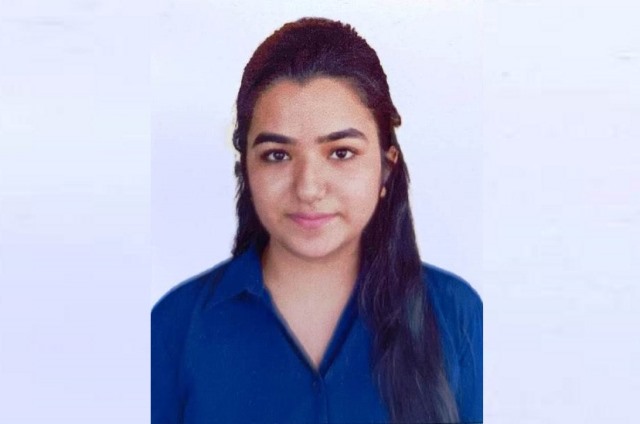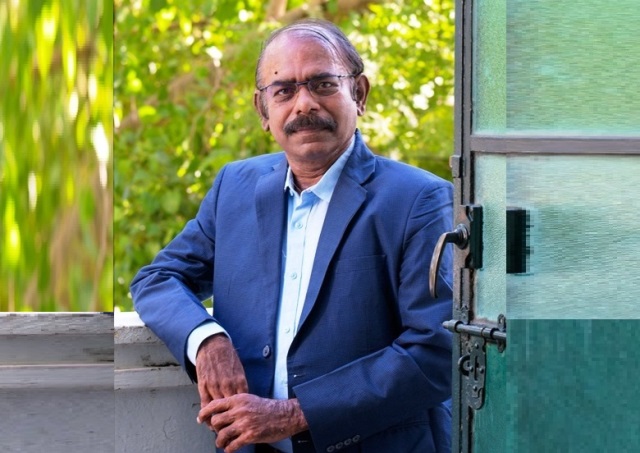
‘Tamil Spiritual Journey Has Always Countered Narrow Hinduism’
AS Panneerselvan, a Chennai-based academic, says Tamil consciousness has a history of challenging the organised religion which discriminates against people. His views:
After decades, Tamil Nadu is in news about its idea of faith, religiosity and its constant fight for the dignity of every citizen — man, woman, child and transgender. This time the debate has been ignited by Udhayanidhi Stalin, a cabinet minister in Tamil Nadu, and secretary of the DMK’s youth wing. Interestingly, in an event organised by the Left, not on a Dravidian movement platform, he observed that ‘Sanatana’ is divisive and deplorable and equated it (Sanatan Dharma) with “mosquitoes, dengue, malaria, fever and corona”. He said it was not enough to contain the spread of this practice, it should be eradicated like these ailments.
The BJP, which has failed on all fronts, is now trying to get political mileage out of this considered opinion, which is ‘commonsense understanding’ in Tamil Nadu. In this state, there has been a questioning of organised religion that discriminates against people and its vertical hierarchy for centuries.
The most articulate criticism of this hierarchy-based religiosity came from 19th century saint-poet, Ramalinga Adigal, popularly called Vallalar. He created an oeuvre of work that embraced love and shunned exclusivity. It was Vallalar’s idea of inclusivity that makes him the ‘Father of Tamil Modernity’.
There are five critical elements in Vallalar’s work: simplicity, lyricism, compassion, seeking truth, and, finally, not being a literal interpreter of any of the earlier texts. What Udhyanidhi said was in the Vallalar tradition. It was not against anyone’s personal faith or belief, but it was against bigotry, violence in the name of religion, and humiliation due to a vertical hierarchy that divides people. His speech was widely understood in Tamil Nadu as a clarion call for the dignity of everyone.
Vallalar did not accept Sanatana Dharma and has explained how it justifies stratification of human beings. Vallalar’s songs repeatedly call on every human being to see all life as theirs; and this universalism in his spiritual quest has been ingrained into the general political consciousness of Tamil Nadu.
ALSO READ: BJP is in Panic Mode After Formation Of INDIA Bloc
In the Tamil consciousness, the body is not an illusion but is real. In fact, the Tamil word for body is ‘Mei’, which also means ‘truth’. Hence, right from Sangam literature, there are attempts to address to two crucial ailments: hunger and illness.
Tamil Nadu’s spiritual journey cannot be shoehorned into the juggernaut of hate generated from the so-called defenders of narrow Hinduism. This may explain some of the affirmative actions of Tamil Nadu more clearly: breakfast and mid-day meals for school children, affordable canteens for general public, an effective Public Distribution System, and the supply of rice at a subsidised price.
The real reason for the BJP to attack the DMK has nothing to do with Udhyanidhi’s observation. It is the oldest regional party’s stellar role in bringing the opposition together into a cohesive alliance in the form of INDIA. The DMK made it clear to other poltical formations such as AAP and TMC not to take a self-defeating, anti-Congress line. MK Stalin, Chief Minister of Tamil Nadu, and president of the DMK, has been in the forefront of making the Congress an integral part of the opposition’s poltical mobilisation.
It was MK Stalin who flagged off Rahul Gandhi’s Bharat Jodo Yatra from Kanyakumari last year. It was Stalin who explained that ‘Congress Mukt India’ is a BJP plan and that others should not endorse this idea if they want to save the plural vision of the subcontinent. In a sense, the changes in Bihar, the joining of hands of AAP and TMC in the INDIA alliance, were also made possible by the relentless efforts of the DMK. This political mobilisation is not without a huge price.
The BJP, which has weaponised institutions such as the Enforcement Directorate and CBI, have launched numerous investigations against the DMK leaders. Senthil Balaji, a sitting minister, has been arrested by the ED, and now he is a minister without portfolio. Despite multiple raids and searches in the premises belonging to Senthil Balaji, his relatives and friends, the ED is yet to file a credible chargesheet. The attack on DMK is due to these factors, as the party questions the BJP and its centralisation moves from an irrefutable, ‘constitutionalist’ viewpoint.
For instance, the party has taken a strong objection to the union government’s ‘PM Vishwakarma Scheme’. The DMK leaders have said the initiative would force youth to follow their family’s traditional professions and dissuade them from pursuing high-paying careers. The state government has also constituted a four-member committee to assess the potential impact of the scheme on artisans’ education and social mobility. The official position of the party is that the rules and regulations of the scheme would encourage caste-based traditions and eventually consolidate caste in the guise of supporting handicrafts and artisans among 18 OBC communities. Meanwhile, the Dravidian model government is assisting first-generation graduates and college-goers since it wants youth to pursue higher education and make strides.
What irks the BJP is the fact that the DMK remains a steadfast champion of the state’s rights despite having an antagonistic governor and a judiciary which seems to endorse centralisation in one form or the other. In a sense, DMK has given an idea of confronting the BJP by not creating an oppositional monolith, but a decentralised, multi-nodal political framework. Instead of looking at 2024 as a battle between Narendra Modi versus another politician, the DMK has effectively turned it to hyper-centralisation versus the ‘idea of India’. And, for this, the BJP has no effective answer, and, hence, its ire against the old regional party of the country.
(The narrator is a Fellow at the Roja Muthiah Research Library and head of its Centre for Study in Public Sphere and the curator of ‘Reading Hub’, a forum for books and ideas. He has been the Readers’ Editor of The Hindu, an independent, internal news ombudsman for nearly a decade. Apart from being a regular columnist, he is also a journalism teacher and an adjunct faculty of the Asian College of Journalism, Chennai. He is also a member of the governing board of KM Adimoolam Foundation for Arts in Chennai. He has written an extensive biography of M Karunanidhi, published by Penguin Random House in 2021)
As told to Amit Sengupta
